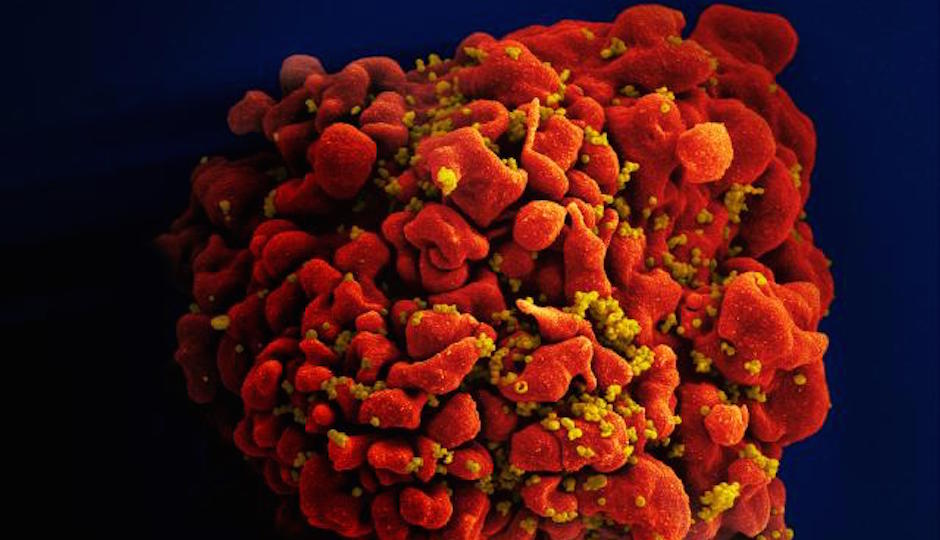Wistar Institute Gets $23M Grant to Find HIV Cure

HIV-infected H9 T-cell | Wikimedia Commons
The Philadelphia region is leading advanced trials in HIV research.
The Wistar Institute was recently awarded a $23 million grant by the National Institutes of Health to establish a five-year partnership of 30 leading HIV researchers who will work together to try and find a cure.
The Martin Delaney Collaboratories for HIV Cure Research grant will bring together a skilled team of investigators led by Luis Montaner, director of the HIV-1 Immunopathogenesis Laboratory at The Wistar Institute Vaccine Center, and James L. Riley, research associate professor at the Perelman School of Medicine at the University of Pennsylvania of the HIV-1 Laboratory.
The 30 researchers, all part of a consortium of researchers known as BEAT-HIV Delaney, will come from the University of Pennsylvania, Philadelphia FIGHT, Rockefeller University, VA San Diego Healthcare System, Johns Hopkins University, the University of Nebraska-Lincoln, and the University of Utah.
“The lifelong stigma, economic burden on society, strain on healthcare resources, and sheer toll on human life across the globe makes finding a cure a top priority,” said Montaner in a statement. “Together we’re building on our teams’ extensive established efforts to move forward and make those next transformative steps that will bring us closer to an HIV cure.”
The team will conduct three distinct studies that will investigate where HIV hides after therapy and also test novel clinical strategies aimed at an HIV cure that eliminates the hidden virus, the institute said in a statement.
The studies will also be supported by separate smaller teams that include Wistar’s longstanding partners like Merck & Co., Sangamo BioSciences and Inovio Pharmaceuticals.
The Wistar Institute is also working with Inovio Pharmaceuticals to test a Zika vaccine that they helped develop.
“Together we’re building on our teams’ extensive established efforts to move forward and make those next transformative steps that will bring us closer to an HIV cure,” said Montaner. “Our community is eager to lead the effort to get to a cure within our lifetime,” said Karam Mounzer, director of Philadelphia FIGHT Community Health Centers, in a press release.
It’s not Philly’s first recent HIV research news. In 2014, researchers at Temple University developed a technology to edit human cells and “snip out” HIV DNA. Earlier this year, these researchers had taken that technology further and discovered that it not only eliminated the virus from the primary host cells for HIV-1 DNA, but it also protected the cells against reinfection.


